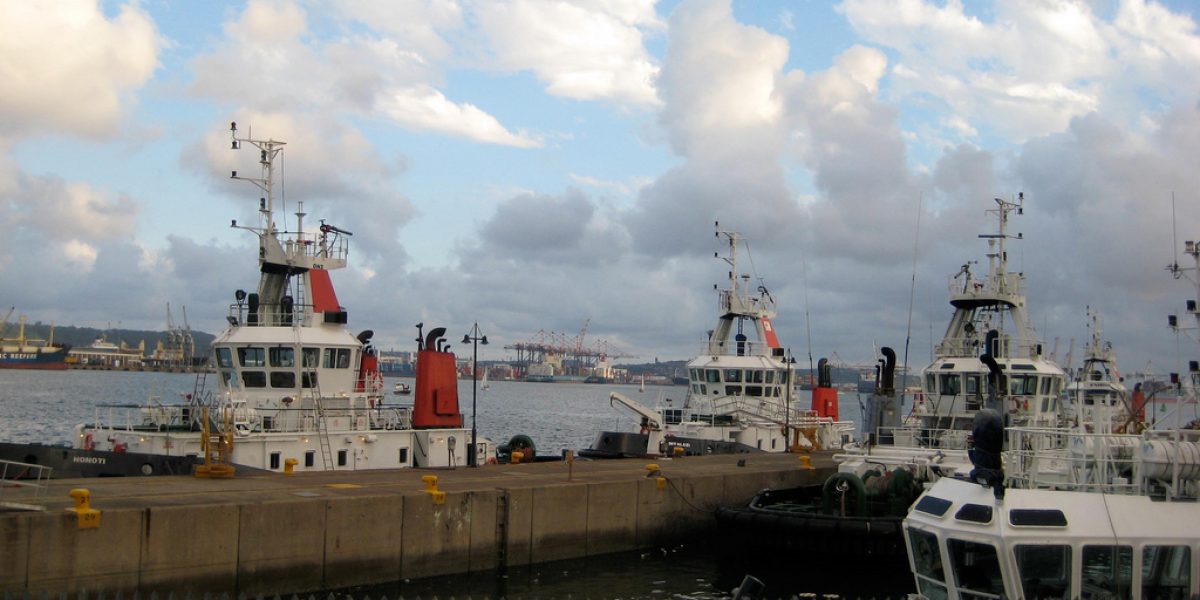This did not happen only in Europe but in other countries that trade with Europe including Africa. The flight ban was imposed by European governments after a volcano in Iceland, Eyjafjallajokull, erupted and spewed volcanic ash into the skies.
The most obvious, hard hit industry was aviation, with huge revenue losses as a result of the European airspace closure. Initial estimates have put the losses in revenue at US$1, 7 billion. With regard to trade, there have been two main impact channels – trade in services and trade in fresh agricultural produce. The impact on the services sector is difficult to quantify but the movement of people was severely disrupted which meant that some employees were not able to get to work for several days. This translated into missed and cancelled meetings where a variety of trade deals could have been struck. The EU is the global hub of air travel and a major source of tourists for most African countries. Although the loss in tourism revenue for Africa is difficult to quantify, it should be substantial. Preliminary estimates indicate that Europe’s tourism industry lost about US$ 1.32 million as a result of the flight disruptions. This will have an impact on countries’ GDP and the foreign exchange earnings.
While the data on services trade is not definite, Africa’s share in global merchandise trade is 10% and only 2% of this is through overseas exports. The bulk of Africa’s exports to Europe are composed of bulk commodities that are transported by sea and to that end, Africa has not been affected much by the flight disruptions. However, there are some African countries whose economies rely on agriculture, especially horticultural exports of perishables such as flowers and vegetables. For these countries, the closure of the European airspace had a significant impact on trade. Kenya, where the flower industry employs more than 60,000 people, was reported to be losing close to US$3 million per day of the six days that the European airspace was closed. In Kenya the flower exports are the second biggest foreign exchange earner to tea, bringing in about US$500 million per year, While Uganda, is reported to have lost about US$4 million during the same period. Ethiopia’s flower industry has also had the same fate. All these east African countries rely on flower exports to the EU via the Amsterdam flower exchange. The volcanic ash eruption was so sudden that there was no time to make contingency plans and re-route exports. South Africa’s flower industry has also made some losses; as with the east African countries, Europe is the main export destination. On the whole, it is only the countries that are dependent on agro-based trade (particularly products that rely on air transport) that were most severely affected
Nonetheless, the impact cannot be said to have been catastrophic. However, in the aftermath of the flight disruptions it is important to assess the possible damage if the crisis had lasted much longer and to discern the lessons that the crisis has posed for Africa. Also, it must be borne in mind that the flight ban has been lifted but the impact will take more than a few days to redress, as it has created a huge backlog of flights. Through the backlog of flights, the volcanic ash will possibly continue to affect trade.
Most importantly though it should be noted that agriculture is a very important sector in most African countries. In most countries sector is essential to growth, poverty reduction, and food security. The sector accounts for about 30% of GDP, employs 65% of the labour force and the most important source of foreign exchange earnings. More than half of rural employment in Sub-Saharan Africa consists of self-employed farmers, many of whom are women. Moreover, the sector has strong economic linkages with other sectors. In recent years, agricultural growth has indeed been the engine behind recent growth successes in several African countries.
The New Partnership for Africa’s Development (NEPAD), identifies agriculture as a possible key to Africa’s economic growth and the need to promote investment in the sector and encourage more production. As noted earlier agriculture still provides a source of livelihood to about 65% of Africa’s workforce and the International Labour Organisation has projected that Sub-Saharan Africa will see an increase in the agricultural workforce by 47% beyond 2010. This emphasises the importance of agriculture to the general population. Also, the socio-economic contribution of agriculture cannot be over-emphasised, particularly bearing in mind that the majority of the workforce in the agricultural sector consists of women
In the aftermath of the flight disruptions, with no definite projections on future volcanic eruptions, this should be appreciated as a wake-up call by African countries. Opportunities for South-South trade need to be explored and utilised more. With the bulk of African trade being conducted with Europe, the volcanic eruption has shown that Africa cannot continue to rely mainly on Europe as the only trading partner and that there is an urgent need to diversify export destinations. Today it is the volcanic ash; tomorrow it could be another natural disaster impacting on sea freight. This crisis only lasted for about a week but the next one could last longer. African trade with countries such as Brazil, India and China was not affected but that trade is only marginal and hence the African countries most affected were unable to divert their trade to those countries. As Europe also continues to impose trade restrictions in the agricultural sector, diverting trade and creating more trade opportunities with the fast-growing developing countries only makes sense. The financial crisis exposed this crack has the demand for Africa’s exports declined in EU and the US; Africa’s traditional trading partners. The flight eruptions only serve to reiterate the need for African countries to take advantage of and exploit the rapidly expanding advanced developing country markets.






